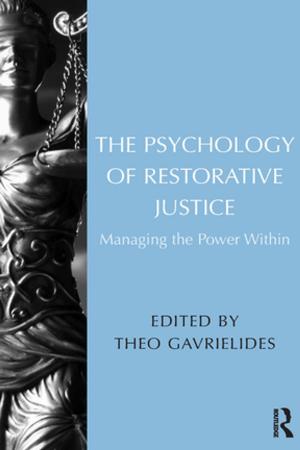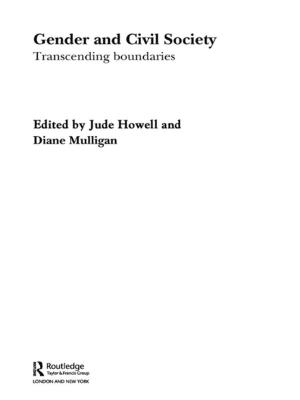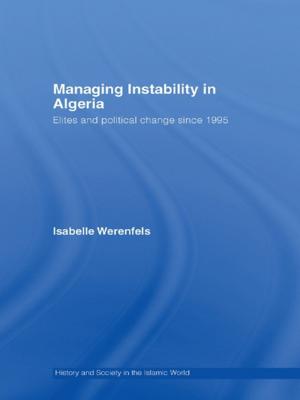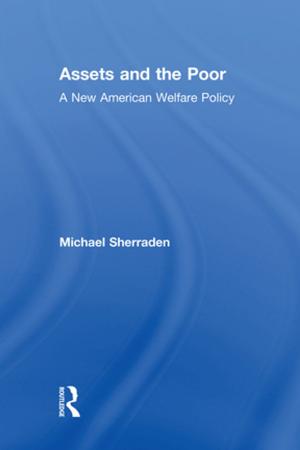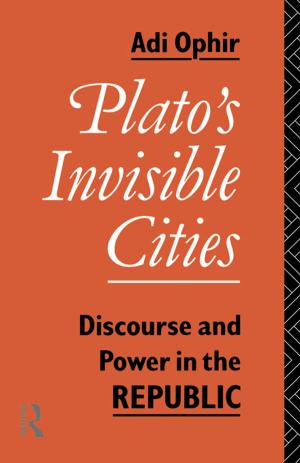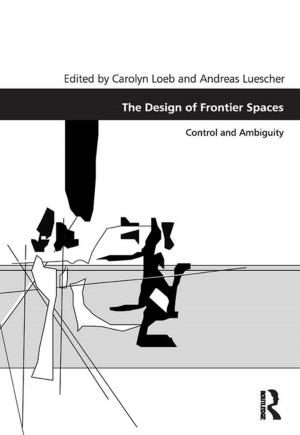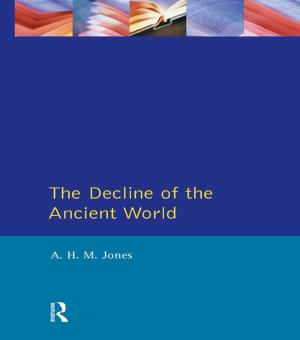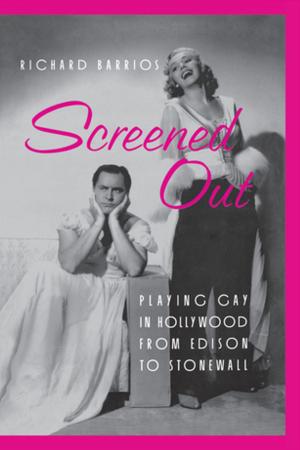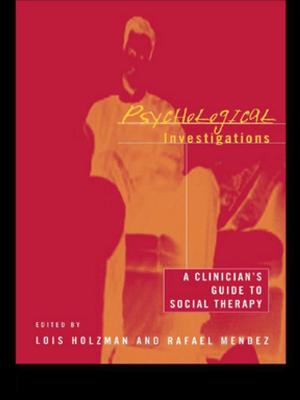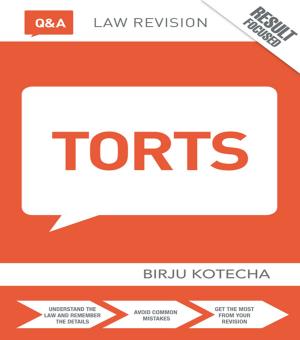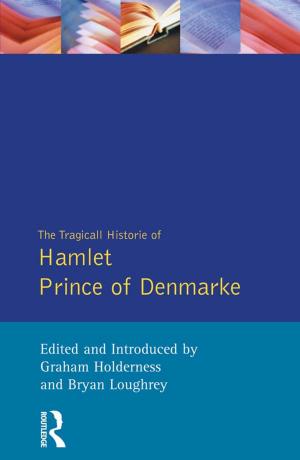Christians and Pagans in Roman Britain (Routledge Revivals)
Nonfiction, History, Ancient History, Rome, British| Author: | Dorothy Watts | ISBN: | 9781317803096 |
| Publisher: | Taylor and Francis | Publication: | March 18, 2014 |
| Imprint: | Routledge | Language: | English |
| Author: | Dorothy Watts |
| ISBN: | 9781317803096 |
| Publisher: | Taylor and Francis |
| Publication: | March 18, 2014 |
| Imprint: | Routledge |
| Language: | English |
In Christians and Pagans in Roman Britain, first published in 1991, Professor Dorothy Watts sets out to distinguish possible Pagan features in Romano-British Christianity in the period leading up to and immediately following the withdrawal of Roman forces in AD 410.
Watts argues that British Christianity at the time contained many Pagan influences, suggesting that the former, although it had been present in the British Isles for some two centuries, was not nearly as firmly established as in other parts of the Empire. Building on recent developments in the archaeology of Roman Britain, and utilising a nuanced method for deciphering the significance of objects with ambiguous religious identities, Christians and Pagans in Roman Britain will be of interest to classicists, students of the history of the British Isles, Church historians, and also to those generally interested in the place of Christianity during the twilight of the Western Roman Empire.
In Christians and Pagans in Roman Britain, first published in 1991, Professor Dorothy Watts sets out to distinguish possible Pagan features in Romano-British Christianity in the period leading up to and immediately following the withdrawal of Roman forces in AD 410.
Watts argues that British Christianity at the time contained many Pagan influences, suggesting that the former, although it had been present in the British Isles for some two centuries, was not nearly as firmly established as in other parts of the Empire. Building on recent developments in the archaeology of Roman Britain, and utilising a nuanced method for deciphering the significance of objects with ambiguous religious identities, Christians and Pagans in Roman Britain will be of interest to classicists, students of the history of the British Isles, Church historians, and also to those generally interested in the place of Christianity during the twilight of the Western Roman Empire.

